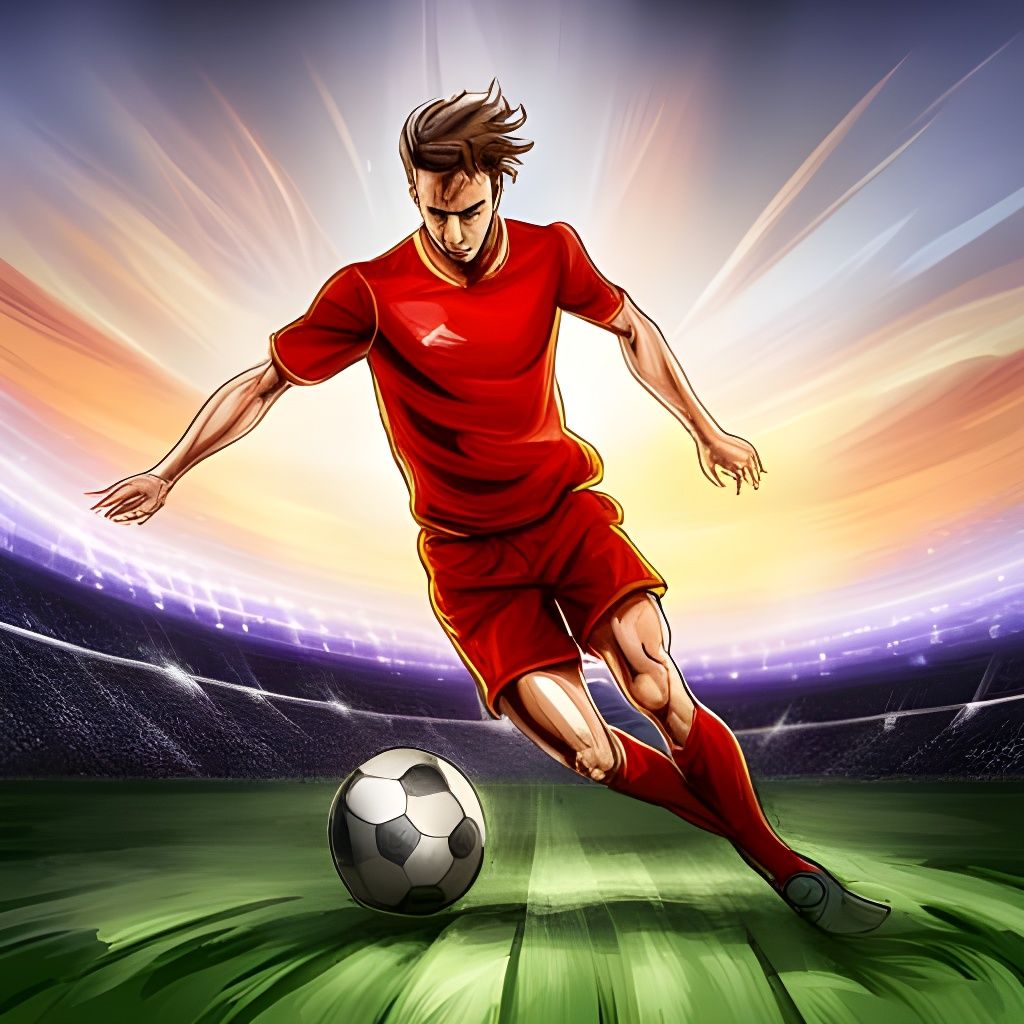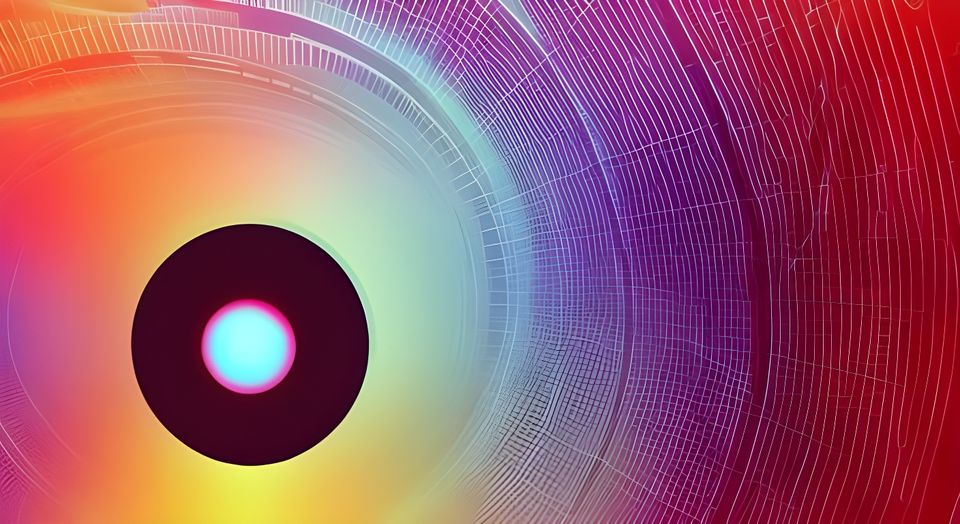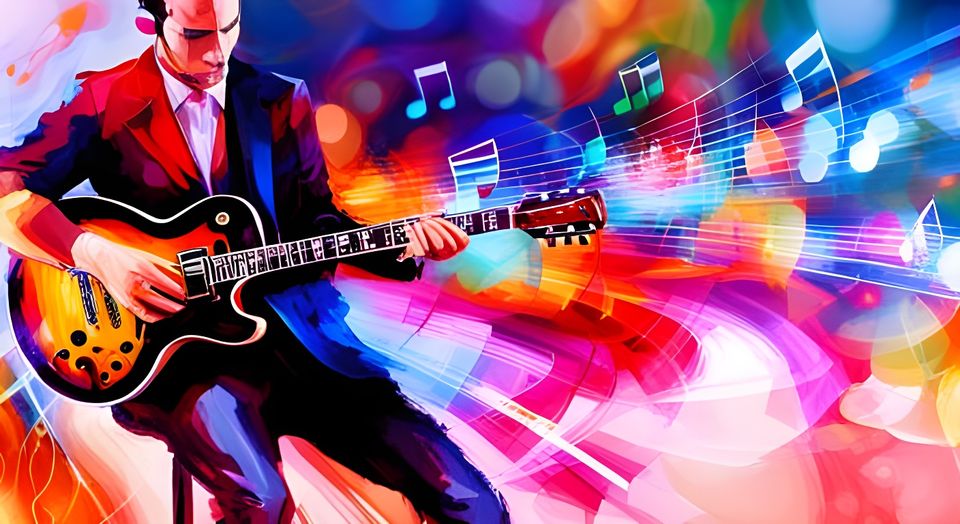Vision & Recovery (#88)
If star athletes have a common weakness it is when something breaks down mentally rather than physically. It's in those moments that they are no longer able to allow their mind to run on a kind of high-performance autopilot.

Top athletes don't simply play the game better, they see the game better. The game may appear to move at a different pace to the elite player, they are more attuned to how other's move about the field or on the court. This may be why we see the all-star more able to anticipate the play they need to make. During the game they tune out all distractions, narrowing their focus to only the playing surface and the players themselves. Their movements, triggered by what they observe, are dictated by the countless hours of training and conditioning, muscle memory takes over.
If star athletes have a common weakness it is when something breaks down mentally rather than physically. It's in those moments that they are no longer able to allow their mind to run on a kind of high-performance autopilot. A pitch is thrown into the dirt, a kick is missed wide, a shot falls far short. Pushed by their superpower vision, they want to quickly assess, correct, and get back to peak performance. Yet the mind over-steers, now becoming hyper aware of each and every movement, slowing down their reaction time, exacerbating the problem. Their incredible vision, once an asset, now becomes a burden, causing the athlete to compete with herself, over thinking and over analyzing, causing mistakes to compound.
Opponents will use their vision to observe this change, seeing it as an opportunity, wanting to capitalize on the doubt that is now causing a drop in performance. Teammates will recognize this scenario too, rallying around their teammate, shouting encouragement and support in hopes of jumpstarting their comrade's confidence. Some players figure out how to regroup and recover in realtime, going on to prove to us, once again, why they are at the top of their game. While others will sink further, requiring a change from the manager, pulling them from the game.
We are all-stars too, honing our skills and getting enough reps to bring confidence in our approach. And therefore, we have acquired a unique vision of how we operate, seeing things that others not versed in our domain would miss. Our vision, just as with the athlete, is both an advantage and a burden. When we are performing with flow, our mind focused on the work at hand, solutions come easier and work is enjoyable. When we over think each step, we begin to block ourselves, starting a potential feedback loop that threatens our success. In these times we rely on our teammates to assist, getting our confidence back, stabilizing our mindset. In those cases where we need a break, we should allow our managers to make a substitution, providing us the space we need to recover and replenish. We play the long game, and as high performers, we see the game better when we allow for recovery time.
The Paradox Pairs series is an exploration of the contradictory forces that surround us. A deeper study finds that these forces often complement each other if we can learn to tap into the strength of each. See the entire series by using the Paradox Pairs Index.




